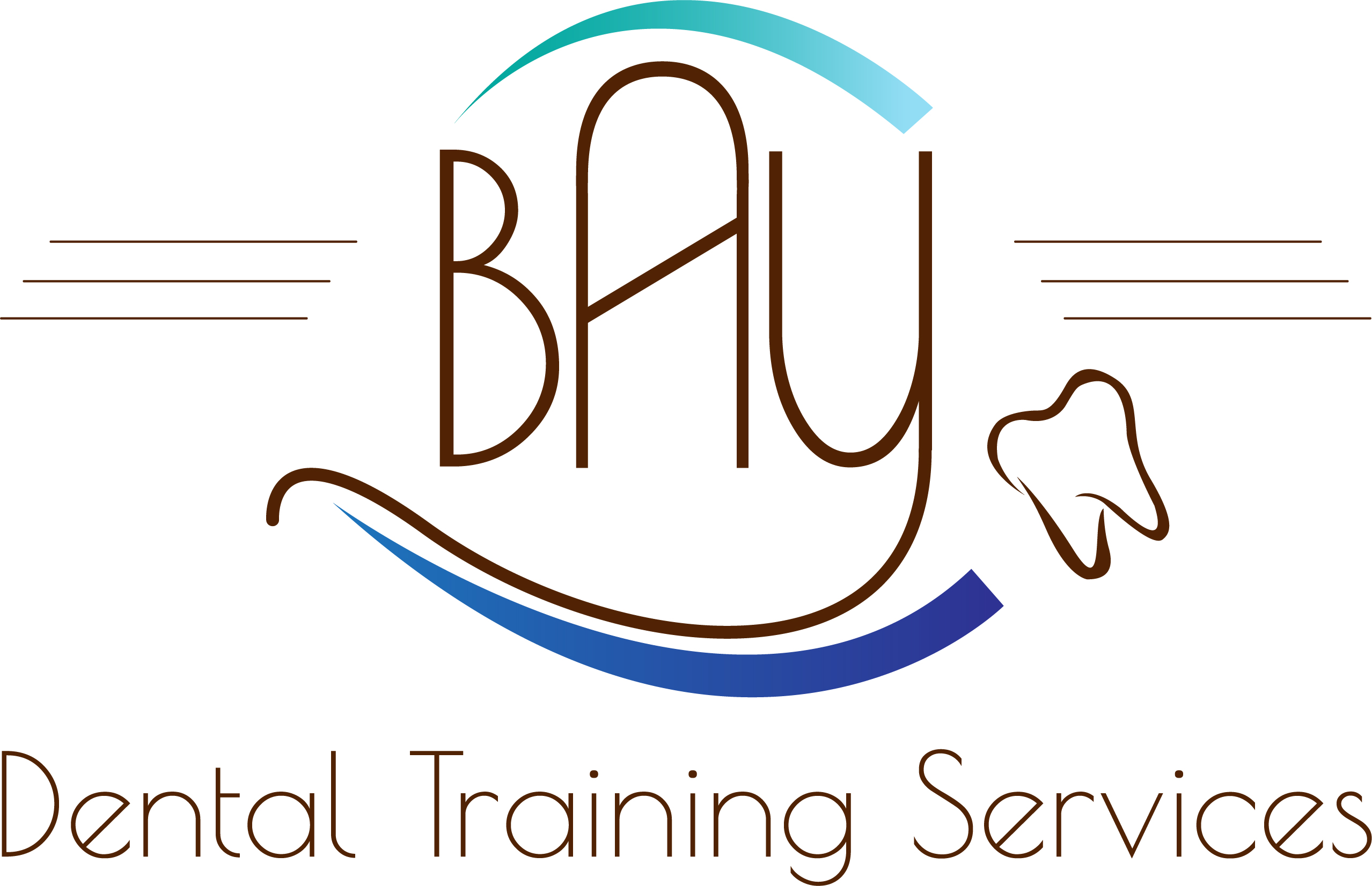| Course title: Certificate in Advanced Oral Health Practice | |
| This course is aimed at dental nurses who wish to provide oral health advice and education to patients as part of a treatment plan or as a preventive measure. Learners will also be able to apply fluoride as part of a treatment plan, and undertake plaque scoring to facilitate oral health education. | |
| Awarded by: DELTA Awards | |
| Structure: The course is delivered by way of 6 modules. All modules are mandatory and must be passed. Resources include written course material and scheduled one to one tutorials with the course tutor if required. | |
| Grading: Pass or fail | |
| Pre-requisites: Candidates must hold GDC registration and a recognised Dental Nurse qualification | |
| Assessment:
This course is assessed by:
Candidates must achieve a pass in all assessments for successful completion. |
|
| Resit Arrangements:
Candidates can receive a small course extension to amend or change any information in the case studies or essay submissions. A fee may be applicable. |
|
|
|
Practical Component:
The application of fluoride and undertaking of plaque scoring. This course requires the involvement of a workplace supervisor / expert witness who will take overall responsibility for the practical evidence completed within the workplace. This person will receive their own account login and be required to sign off the evidence submitted. Please ensure you have this person in place prior to course application. Failure to do so will compromise course progress. |
| Guided Learning Hours:
This programme is 300 Guided Learning Hours (GLH) |
|
| Course length:
Total course duration is 15 months, average completion time 9 – 12 months |
|
| Credits:
This course attracts 30 credits |
|
Course Content
| Module 1 Content | Module 1 Assessment |
|---|---|
| Dental Anatomy revision Most popular oral diseases:
|
In-module assignments
Two case studies which contribute to the final grade |
| Module 2 Content | Module 2 Assessment |
| Target groups Communication and session planning Resources |
In module questions and answers |
| Module 3 Content | Module 3 Assessment |
| Sugars The use of fluoride and its application Managing dental caries |
Workplace evidence of the application of fluoride to 10 patients
End of module questions and answers |
| Module 4 Content | Module 4 Assessment |
Prevention of Dental Disease in children
|
End of module essays
Case study which contributes to the final grade |
| Module 5 Content | Module 5 Assessment |
Plaque Scoring
|
Submission of a workplace record of experience detailing 5 patients who have undergone plaque scoring
Extended case study which contributes to the final grade |
| Module 6 | |
| Oral Health Session
Choose from: An oral health advice session to a group with a minimum of three participants An oral health presentation or talk to a larger group e.g. Brownies, school group or ante-natal group An oral health session for a new mum to include advice for both the mum and the new baby |
|
Assessment
Case Studies
The candidate is required to complete 6 case studies which involve their role in the treatment of patients by providing oral health advice. The case studies are assessed collectively and contribute to 30% of the final grade. All case studies must include:
- Details of the treatment undertaken
- The role of the dental nurse during the treatment
- A critical evaluation of the appointment(s) including identification of strengths, areas of good practice and areas of improvement
- Where possible, supporting literature should be included to justify treatment management decisions
Extended Essay
An extended essay on the management of a patient with barriers to oral health care. This essay title is provided in the final module of the course and the candidate has until the exam to complete and submit. This contributes to 10% of the final grade.
Oral Health Session
The candidate has a choice of three activities to undertake. They should produce full session plans, detailing aims and objectives of the session, information about the session and a full evaluation. This must be witnessed in full by a suitable person who is required to write a report.
Written Exam
Candidates will be required to sit a final written exam of 90 minutes duration. The examination is provided electronically and candidates are able to undertake this in their own environment under strict, remote invigilation. The examination comprises a selection of three essay questions randomly chosen from six previously seen questions. Students have 8 weeks to prepare for the exam and are permitted to take references into the exam to include in their answers. This contributes to 40% of the final grade.
